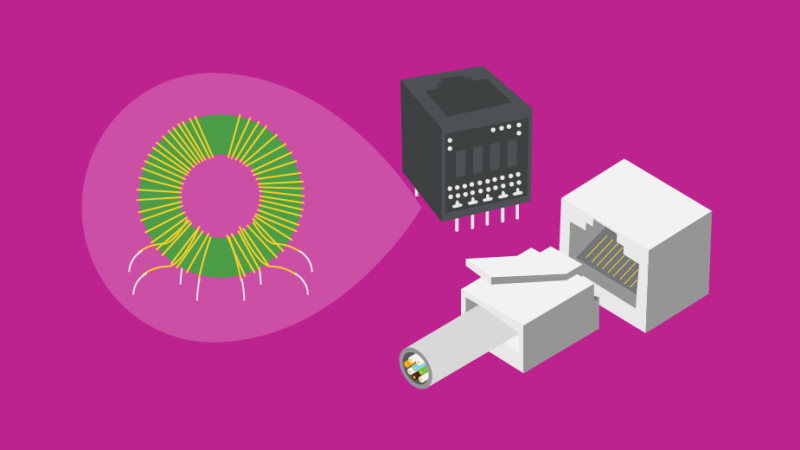The Insidious Proliferation of Modern Marketing phenomena

Introduction
In today’s digital age, marketing has evolved into a sophisticated and omnipresent force that shapes consumer behavior and societal trends. The proliferation of modern marketing strategies has become insidious, infiltrating every aspect of our daily lives, often without our conscious awareness. This article explores how modern marketing techniques have become pervasive, the psychological tactics employed, and their impact on consumers and society.
The Evolution of Marketing
From Traditional to Digital
Marketing has come a long way from traditional methods such as print ads, billboards, and TV commercials. The advent of the internet and social media platforms has revolutionized how brands reach their target audiences. Digital marketing allows for precise targeting and personalized content, making it more effective and pervasive than ever before.
Data-Driven Strategies
Modern marketing heavily relies on data analytics to understand consumer behavior. Companies collect vast amounts of data from various sources, including social media, browsing history, and purchase patterns. This data is then used to create highly targeted marketing campaigns that resonate with individual preferences and interests.
Psychological Tactics in Marketing
Manipulative Advertising
Marketers employ psychological tactics to influence consumer behavior subtly. Techniques such as scarcity (limited-time offers), social proof (customer reviews and testimonials), and reciprocity (free samples) are designed to create a sense of urgency and trust, compelling consumers to make impulsive decisions.
Emotional Appeals
Emotional appeals are a powerful tool in modern marketing. Advertisements often evoke strong emotions such as happiness, fear, or nostalgia to create a deep connection with the audience. These emotional triggers can significantly impact consumer choices, leading to increased brand loyalty and sales.
Neuromarketing
Neuromarketing is an emerging field that combines neuroscience with marketing. It studies how the brain responds to various marketing stimuli, allowing companies to design campaigns that tap into subconscious desires and motivations. This approach can be highly effective but raises ethical concerns about manipulating consumer behavior at a neurological level.
The Impact on Consumers
Consumerism and Overconsumption
The insidious nature of modern marketing has contributed to a culture of consumerism and overconsumption. Constant exposure to persuasive advertisements encourages people to buy more than they need, leading to financial strain and environmental consequences. The pressure to keep up with trends and possess the latest products can also result in stress and dissatisfaction.
Privacy Concerns
The extensive use of data in modern marketing raises significant privacy concerns. Consumers are often unaware of the extent to which their personal information is collected and used for targeted advertising. This lack of transparency can lead to feelings of mistrust and vulnerability.
Mental Health Implications
The relentless bombardment of advertisements can have negative effects on mental health. Social media platforms, in particular, contribute to comparison culture, where individuals constantly compare themselves to idealized images and lifestyles portrayed in ads. This can lead to anxiety, depression, and low self-esteem.
Conclusion
The insidious proliferation of modern marketing has transformed the way brands interact with consumers, making it more pervasive and influential than ever before. While these strategies can drive business success, they also raise ethical and societal concerns. As consumers, it is crucial to be aware of these tactics and make informed choices. As society, there must be a balance between innovation in marketing and the protection of consumer rights and well-being.
FAQs on the Insidious Proliferation of Modern Marketing
1. How has modern marketing become more pervasive compared to traditional marketing methods?
Modern marketing has become more pervasive due to the advent of digital platforms and the use of data-driven strategies. Unlike traditional marketing, which relied on print ads, billboards, and TV commercials, digital marketing leverages the internet and social media to reach consumers. By collecting and analyzing vast amounts of data from online activities, companies can create highly targeted and personalized campaigns that infiltrate various aspects of daily life, making marketing messages nearly ubiquitous.
2. What are the psychological tactics used in modern marketing to influence consumer behavior?
Modern marketing employs several psychological tactics to subtly influence consumer behavior. Techniques such as scarcity (limited-time offers), social proof (customer reviews and testimonials), and reciprocity (free samples) create a sense of urgency and trust. Emotional appeals are also used to evoke strong feelings like happiness, fear, or nostalgia, fostering a deep connection with the audience. Additionally, neuromarketing studies how the brain responds to marketing stimuli, allowing companies to design campaigns that tap into subconscious desires and motivations.





